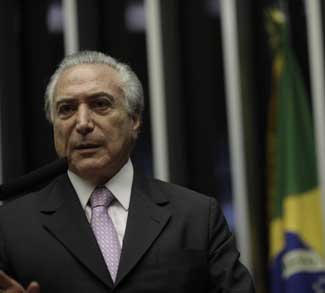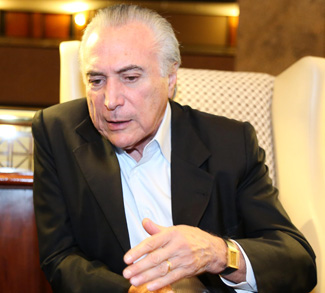Summary
Brazil President Dilma Rousseff lost the biggest vote of her political life this week when the Senate voted 61-20 in favor of her removal. The result capped off the long saga of Rousseff’s impeachment process, which stemmed from her doctoring of budget figures ahead of 2014 elections.
Now Brazilian politics will delve into the unknown. Rousseff’s vice president, Michel Temer, has taken over as president until new elections are held in 2018. Temer, described as a kingmaker in Brazilian politics, is a former ally of Rousseff and a long-serving politician of the Brazilian Democratic Movement (PMDB) party.
On the surface, little will change as a result of the impeachment vote. The fear-reaching “Car Wash” anti-corruption investigation will go on, and Brazil’s economy will continue to languish in recession. But there is one crucial legacy of the vote, one that will be felt for years to come: toxic partisanship in the Brazilian political process. Dilma’s supporters believe that a coup has taken place; the opposition – many of which are locked in their own legal proceedings stemming from Car Wash – believe that they’re fighting for the very existence of Brazil’s democracy.
Unfortunately, this is not a recipe for getting anything done on the policy front.
Background
The impeachment was more a product of the air of ruin hanging over Brazilian politics than it was Rousseff’s specific transgression, which in itself was pretty vanilla vis-à-vis those being uncovered by Car Wash. The Brazilian economy is in shambles, as covered previously on Geopoliticalmonitor.com. The ongoing Operation Car Wash, which is investigating links between Brazilian politicians, middleman companies, and the giant state-owned Petrobras, has also uncovered graft on a grand scale.
This economic and political rot has given rise to a sense of crisis in Brazil, a feeling that big changes will be needed if the country is to emerge from its current slump.
Impact
Partisan politics on the rise. Rousseff’s quote after her impeachment says it all: “They think that they beat us, but they are wrong.” These are not the words of someone who is going quietly into the night. Rousseff and her Workers’ Party will attempt to bounce back and recover from what they perceive to be a coup by their political opponents. That Workers’ Party supporters believe the impeachment to be beyond the pale of Brazil’s democracy is a bad sign, one that suggests a response in-kind, which would cause the fight for political power in Brazil to fly off the rails of democratic institutions and norms.




